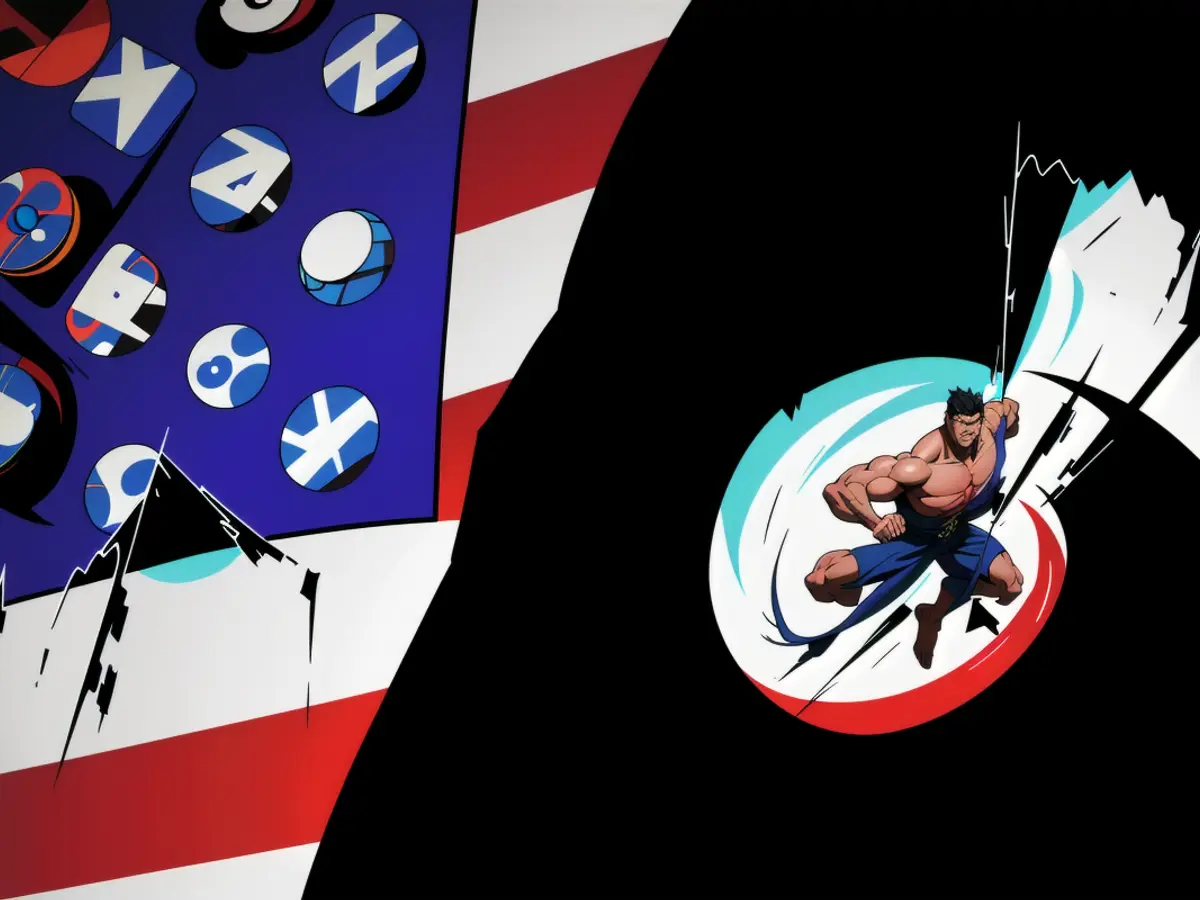U.S. Government Ban Challenged by TikTok in Lawsuit
TikTok is pushing back hard against the U.S. administration and their controversial legislation that could essentially nuke TikTok's existence in the States.
In a heated legal battle, TikTok, along with its parent company ByteDance, are accusing the federal government of trampling on the First Amendment with this law. They argue that the legislation's demand for a divestiture is impossible, due to commercial, technological, and legal constraints.
According to the lawsuit filed before the U.S. Court of Appeals for the District of Columbia Circuit, this law will ultimately lead to a shutdown of the social video platform by January 19, 2025, silencing the voices of its 170 million American users. These users rely on TikTok for unique communication opportunities not replicable elsewhere.
Hit by the Protecting Americans from Foreign Adversary Controlled Applications Act (PAFACA), which labels TikTok as a foreign adversary-controlled application, the app has 270 days from the time President Biden signed the act to either sell to a U.S. entity or face closure. Despite efforts from interested parties to purchase the popular platform, ByteDance has remained adamant – TikTok is not for sale.
This legislation was passed expeditiously by the House of Representatives and the Senate as part of the National Security Act in April. While the law primarily targets TikTok, legal experts warn that the ban may extend to other apps as well.
"The President has the unchecked power to add another app to the 'threat' list," Evan Brown, a Chicago-based lawyer with expertise in technology, explained to Gizmodo back in March. "There's plenty of wiggle room for creative interpretation to label apps as foreign adversary controlled, even when the ownership isn’t straightforward."
With PAFACA, the Secretary of Commerce acquires the authority to review transactions involving IT service and product vendors tied to designated "foreign adversaries" if they pose an undue threat to national security and count more than one million active users in the United States. This might impact any app that fits these criteria, not just apps similar to TikTok.
Furthermore, PAFACA allows for the enforcement of orders and other mitigation measures, such as mandatory divestment or a prohibition on doing business in the United States. This clause extends beyond TikTok to any app deemed a national security risk according to the law.
In essence, while PAFACA specifically targets TikTok and ByteDance due to Chinese ownership, the law's language is open to interpretation and could potentially affect other apps deemed security risks due to foreign control.
- By 2025, the future of tech and technology in the United States may significantly alter due to the potential shutdown of TikTok, a popular social video platform, under the Protecting Americans from Foreign Adversary Controlled Applications Act (PAFACA).
- TikTok and its parent company ByteDance argue that the federal government's demand for divestiture under PAFACA is impossible due to complex commercial, technological, and legal constraints.
- While TikTok is currently the main focus of PAFACA, legal experts warn that the ban may also extend to other apps in the future, as the law provides the President with the power to add additional apps to the foreign adversary-controlled list.
- The implications of PAFACA extend beyond TikTok to any app that poses a threat to national security, fits the criteria laid out in the law, and has more than one million active users in the United States, making it a potential adversary in the tech landscape of 2025 and beyond.








